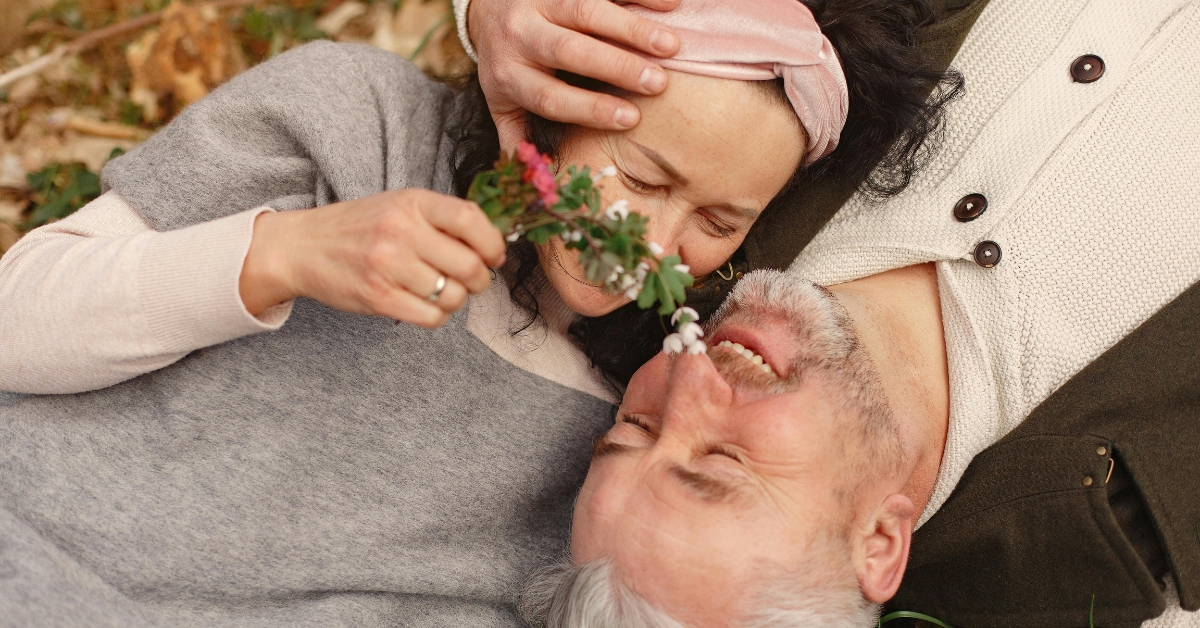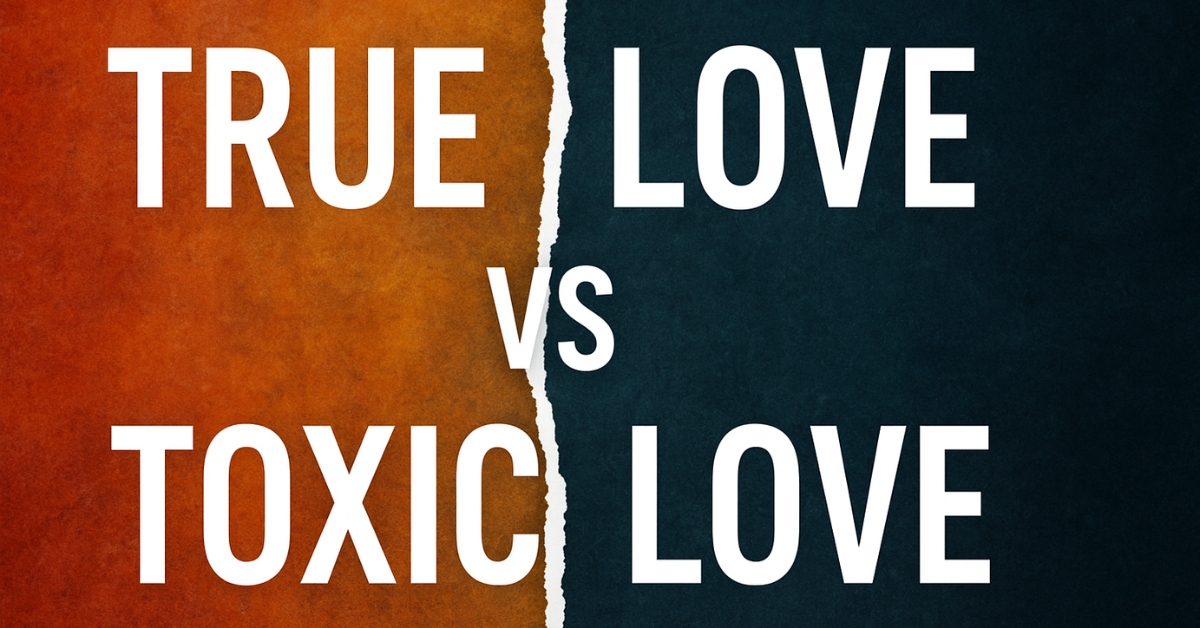Introduction
Have you ever thought about how many people don’t even realize they’re stuck in a toxic relationship until it’s too late? It’s a common situation, and the truth is, the lines between true love and toxic love can get pretty blurry. Toxic love might feel exciting, passionate, and even hard to resist — but it often comes with a side of manipulation, drama, and emotional turmoil.
On the flip side, real love is a whole different ballgame. It doesn’t drain your energy, control your actions, or make you second-guess yourself. Instead, it lifts you up, creates a sense of safety, and encourages your personal growth.
In this article, we’ll dive into the key differences between toxic love and true love, explore the various types of love relationships, and offer some long-term relationship advice to help you recognize, nurture, and maintain healthy connections.
True Love vs Toxic Love: Key Differences

Emotional Signs vs. Behavioral Patterns
Psychologists point out that toxic love often thrives on instability and control, while true love is all about security and respect. Here are 10 clear distinctions:
- Toxic love thrives on uncertainty — real love offers security.
- Toxic love seeks to control — real love respects your freedom.
- Toxic love is about possession — real love values partnership.
- Toxic love loves the drama — real love focuses on solving problems.
- Toxic love is selfish — real love is mutual.
- Toxic love manipulates — real love cherishes honesty.
- Toxic love creates dependency — real love promotes growth.
- Toxic love demands perfection — real love embraces imperfections.
- Toxic love is draining — real love is refreshing.
- Toxic love tears you down — real love builds you up.
Take a moment to reflect: Does my relationship bring me peace or anxiety? If it feels like you’re tiptoeing around, that’s not love — that’s toxicity.
From Romantic to Platonic Love
Human relationships are wonderfully intricate, and love comes in various shades. According to psychology and cultural insights, we can identify seven distinct types of love:
- Eros – That fiery romantic passion
- Philia – A deep, meaningful friendship
- Storge – The love we share with family
- Agape – Unconditional love that knows no bounds
- Ludus – A playful, flirtatious kind of love
- Pragma – The love that thrives on long-term commitment
- Mania – An obsessive, sometimes toxic love
Consummate Love: The Pinnacle of Love
Passion, Intimacy, and Commitment
Psychologist Robert Sternberg paints consummate love as the ultimate form of love, striking a perfect balance between:
- Passion (the spark of physical attraction),
- Intimacy (the warmth of emotional closeness), and
- Commitment (the promise of long-term dedication).
This type of love is often seen as the healthiest and most robust romantic connection.
What Does a Healthy Relationship Look Like?

Communication, Trust, and Respect
A healthy relationship isn’t about being perfect. It’s really about:
- Open and honest communication
- Mutual respect and trust
- Supporting each other’s growth
- Allowing space for individuality and freedom
If your relationship feels more like a cage than a sanctuary, it’s not love — it’s control.
How Love Works: Psychology and Science
Is Love Just a Chemical Reaction?
In a way, yes. When we fall in love, our brains release a cocktail of dopamine, oxytocin, and serotonin. These “feel-good” chemicals foster attachment, happiness, and connection.
Why Do Humans Fall in Love?
From an evolutionary standpoint, love helps us form partnerships, raise families, and build strong social ties. But beyond the biology, love adds richness and emotional depth to our lives.
How to Keep a Healthy Relationship Strong
Daily Habits That Build Trust
- Make it a point to show appreciation regularly.
- When conflicts arise, tackle them with respect instead of blame.
- Cheer each other on in pursuing your dreams.
- Find a balance between independence and togetherness.
Long-term relationship advice: A love that endures isn’t about being perfect; it’s about patience, growth, and putting in consistent effort.
When to Leave a Relationship
Red Flags You Shouldn’t Ignore
Think of this as your personal “quiz”:
- Do you often feel drained rather than supported?
- Are you frequently manipulated or controlled?
- Is there more drama than tranquility in your relationship?
- Do you feel more anxious than secure?
If you find yourself answering yes to most of these, it might be time to reconsider the relationship.
Can a Toxic Person Truly Love?

Limits of Love in Toxic Dynamics
Someone caught up in toxic behaviors might believe they love you, but real love can’t thrive without respect, trust, and freedom. Toxic attachment is not love; it’s control disguised as affection.
FAQs on Love & Relationships
Q1: How many kinds of love do humans have?
Psychology identifies at least 7 different types of love, while cultural traditions often describe even more.
Q2: How to identify true love vs fake love?
True love is consistent, supportive, and respectful. Fake love is inconsistent, self-serving, and manipulative.
Q3: Is toxic love still real love?
No. Toxic love is based on control, fear, or dependency — it may feel intense but it destroys rather than nurtures.
Q4: How can I know if my love is toxic?
If your relationship constantly leaves you anxious, drained, or doubting yourself, those are strong warning signs.
Conclusion
True love lifts you, while toxic love pulls you down. Don’t mistake chaos for passion—genuine love is steady, respectful, and empowering. You deserve a relationship that makes you feel safe, valued, and supported. Walk away from anything that breaks you, and invest in the kind of love that elevates you.




